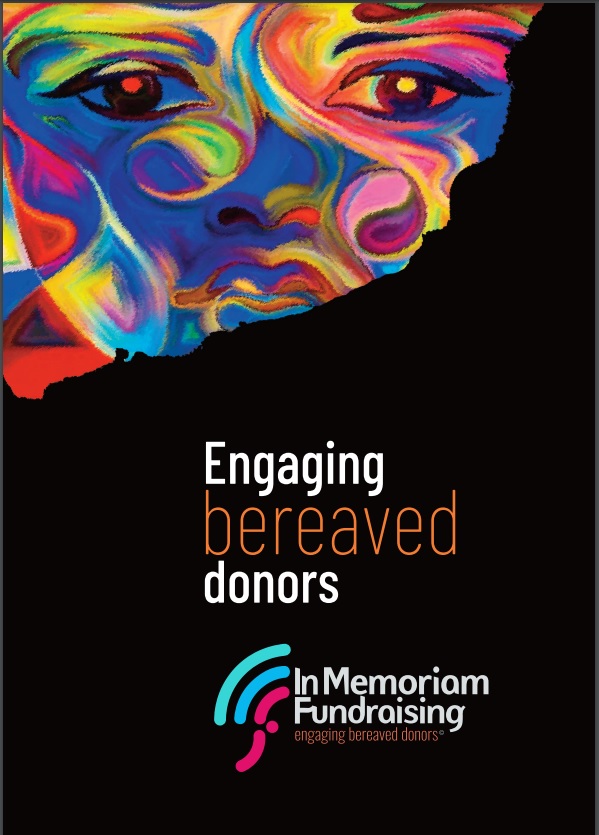Fundraiser launches crowdfunder to fund book on talking to bereaved donors

Fundraisers looking for guidance in how to talk to bereaved donors could benefit from a new book and training programme planned for September.
By Kevin Kibble, who has nearly 20 years’ experience in training fundraisers, the book has been written to help those working in in-memoriam fundraising engage with bereaved donors. It will be published providing it reaches its crowdfunding target, and there will also be a training course.

Kibble is aiming to raise at least £1,000 on Crowdfunder by 1 August to fund the publication of the first 100 books and the training programme, with plans for a September launch.
Advertisement
The book and training programme will show fundraisers not only how to instigate and hold conversations with the bereaved, but give them the confidence to know that it is okay to talk about the deceased and about fundraising.
Commenting, Kibble said that this was an area where improvements could be made:
“There are over 600,000 deaths each year in the UK resulting in (according to research) approximately 5.4 million people being bereaved but the size of the marketplace for in memory giving is not reflected in the marketing support it gets.
“The case studies in the book came out of research into donor experiences that I conducted in the winter, which showed how charities are still not getting donor support right, even the basic thanking process, as well as some surprising views from younger donors about online giving. The second part of the book is all about training fundraisers in how to communicate more effectively with donors, how to be aware of emotional challenges, and how to respect that bereaved people can be considered vulnerable.
“Post-covid I tried a couple of times to deliver the training of fundraisers in this sensitive area via Zoom but felt it just did not work. Human interaction and storytelling really benefits from the face-to-face experience, so I have decided to make the training programme more widely accessible.”




